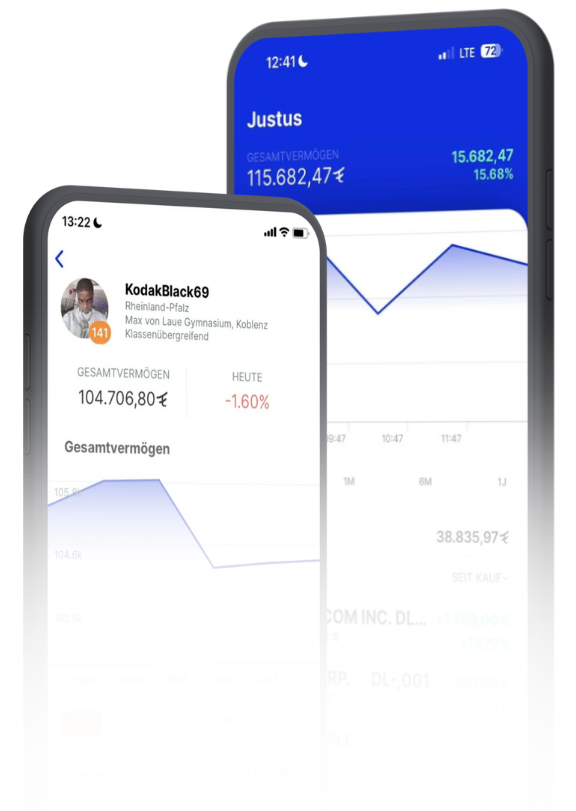What are ETFs?
An Exchange-Traded Fund (ETF) is a type of investment fund that holds a collection of assets, such as stocks and bonds. ETFs are traded on stock exchanges, similar to individual stocks, which means you can buy and sell them throughout the trading day at market prices. Most ETFs are adhering to the category of passive investments, which aim to replicate the performance of a specific index, such as the S&P 500. These funds follow a set strategy that doesn’t involve active decision-making, seeking to match the market’s performance rather than beat it. Due to the lower management and research requirements, passive funds typically have lower fees.
In contrast, active investments involve funds that portfolio managers have making decisions about which assets to buy and sell. The goal is to outperform the market or a specific benchmark. These managers use research, forecasts, and their own judgment to make investment decisions, which often results in higher fees due to the active management and research involved.
We previously covered how stock exchanges function in week 1.





